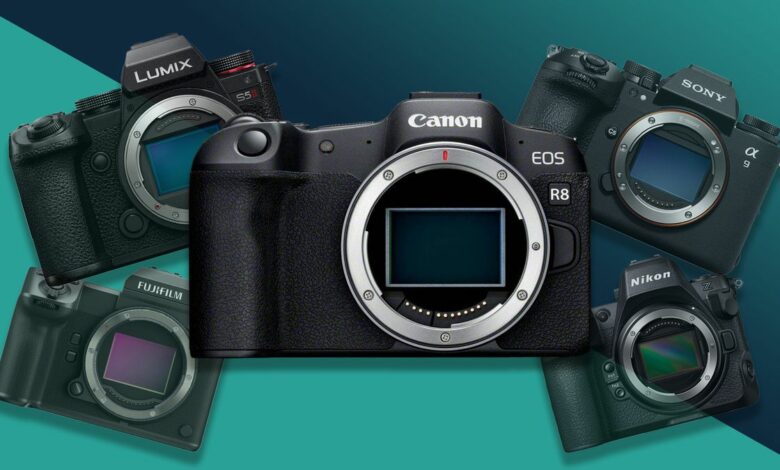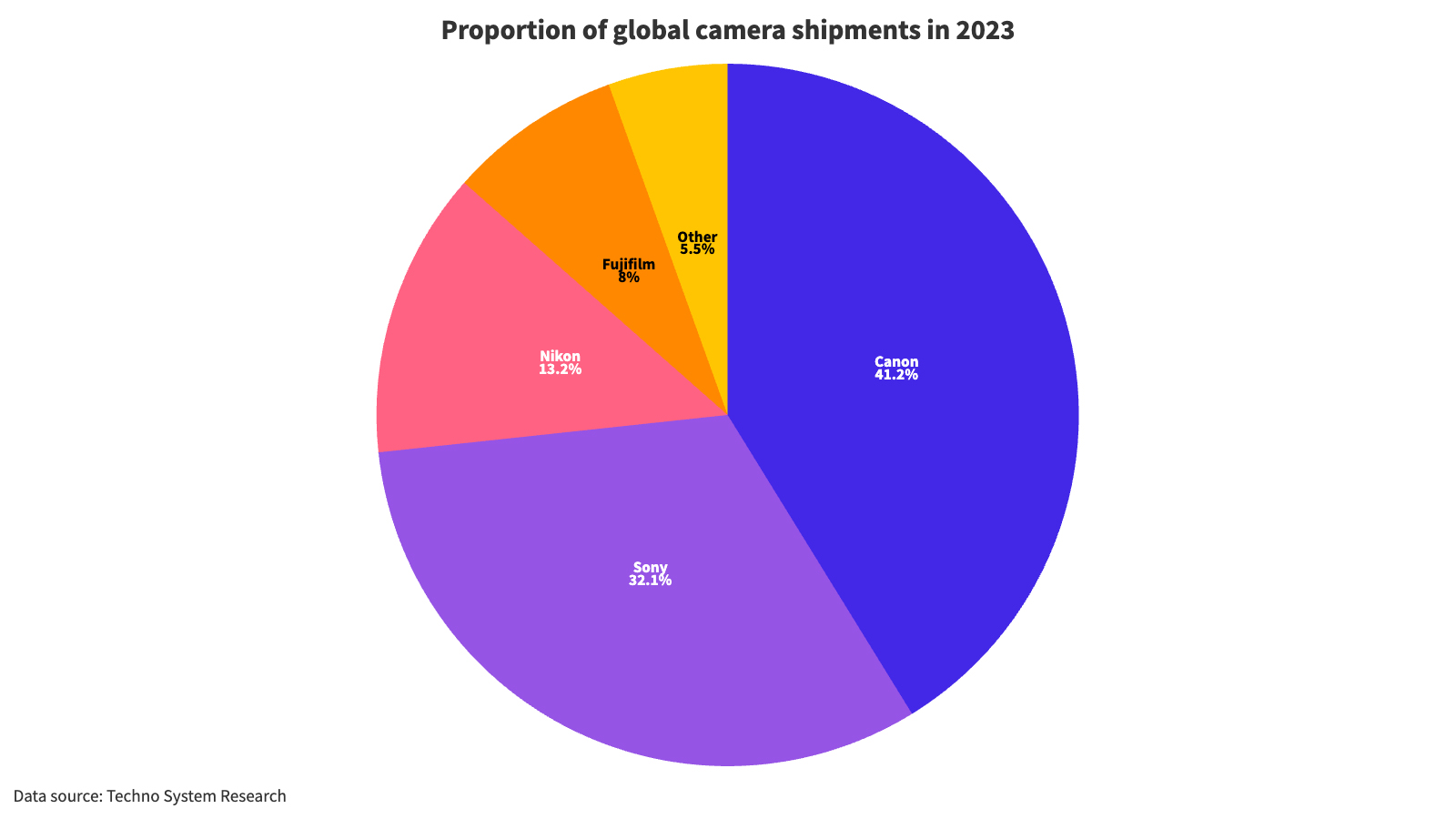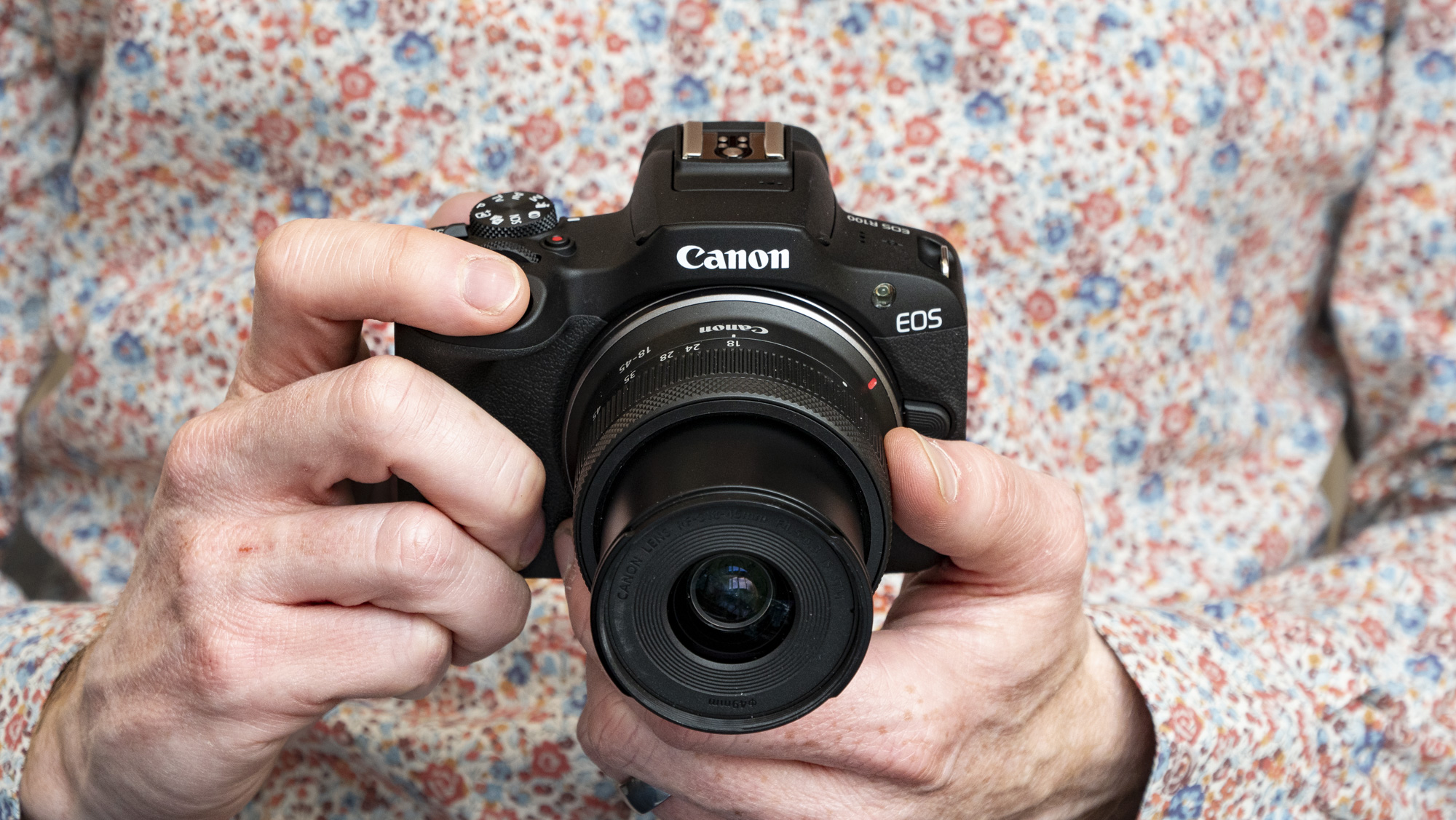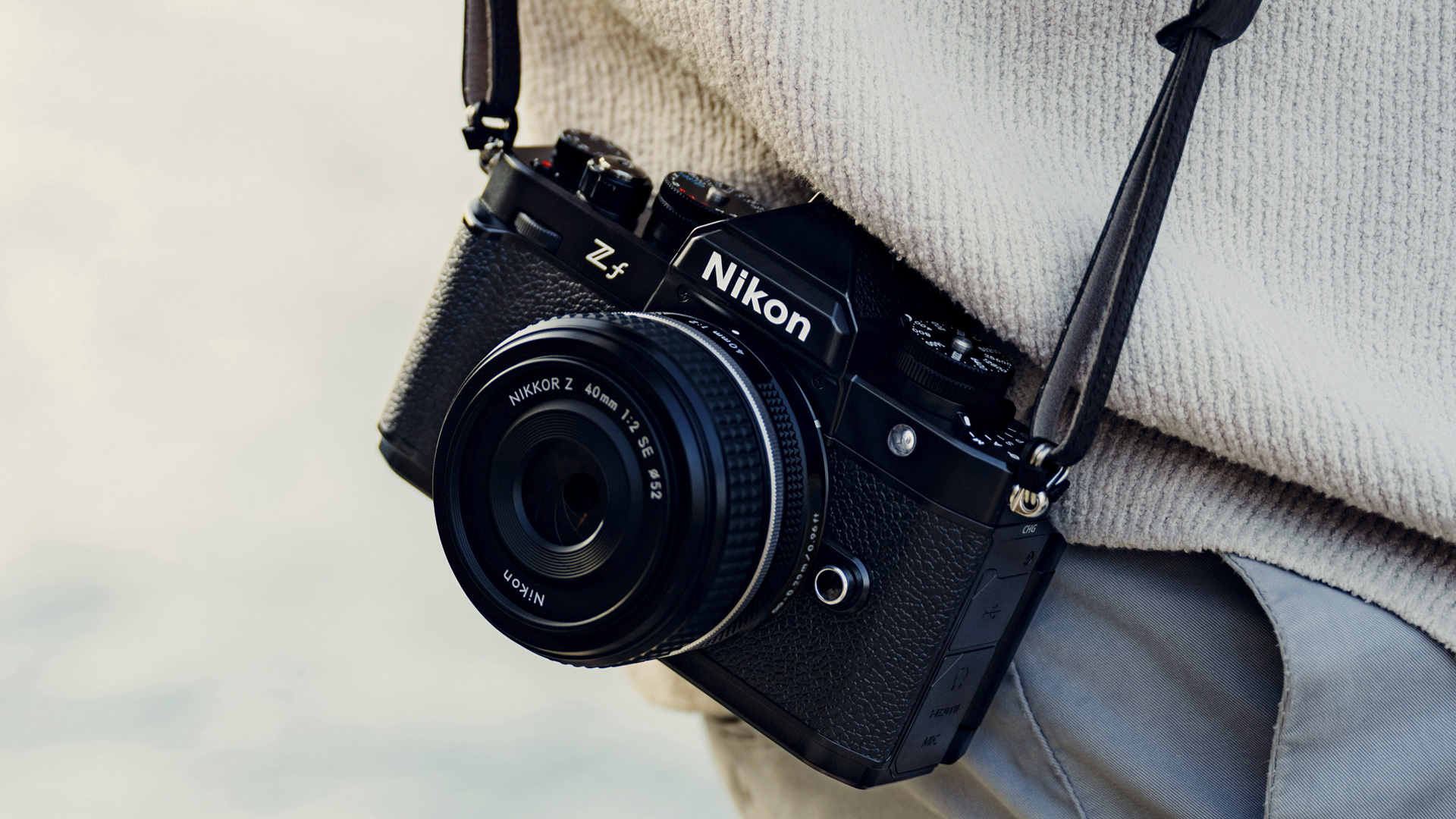Canon is still the world’s most popular camera brand, according to a new report – despite Sony and Nikon winning the technology battle

Nikon, Sony, Fujifilm and Panasonic may have given us the best mirrorless cameras of 2023, but a relatively underwhelming year for Canon didn’t stop the company from claiming the largest global camera market share last year, a new report finds.
According to recently released market data from Nikkei and Statista, Canon still leads by a wide margin in all key metrics, including market share and sales volume, for both mirrorless cameras and digital cameras in general.
The Nikkei report (through Sony Alpha Rumors) says the global mirrorless camera market share in 2023 was broken down as shown in the pie chart below, with Canon accounting for 41.2% of shipments and Sony not far behind with 31.2%. Nikon and Fujifilm accounted for 8% and 5.5% respectively.

In another report from Statistics which includes the market share based on sales volume of the leading digital camera manufacturers worldwide (as of December 2023). The figures differ, but the positions remain the same and even more in Canon’s favor.
In that report, Canon takes a 46.5% market share, compared to Sony’s 26.1% and just 11.7% and 5.8% each for Nikon and Fujifilm, respectively. All of this in a year where Canon only gave us three budget models: the EOS R8, EOS R50, and EOS R100, plus the Powershot V10, a new vlogging camera. We even named the EOS R100 the worst camera of the year.
Canon was already the biggest name among leading camera manufacturers, but its percentage of market share in 2023 still feels surprising. So what should we make of these numbers?

Is innovation enough?
In the TechRadar Choice Awards 2023 we named the Sony A7R V as the best mirrorless camera for pros, the Fujifilm X-S20 as best for beginners, and the Panasonic Lumix S5 II as best for video, with an honourable mention going to the Nikon Z8. There was no Canon camera in sight, although, according to market share data, that didn’t deter buyers.
Other brands like Sony and Nikon won the tech battle in 2023, with innovations like the Sony A9 III featuring the world’s first shutter in a mirrorless camera. And Nikon experienced a positive sales rebound after the Z8, and hopes to further increase its market share after acquiring RED cameras.
All of this hasn’t stopped Canon from dominating the market in 2023, though. That dominance could extend even further in 2024, with the announcement of the EOS R5 Mark II and EOS R1. (Though Fujifilm might have something to say in that regard with its wildly popular X100VI, assuming it can sell enough of them.)
If Canon didn’t wow the industry with technological innovation in 2023, why does it still have the lion’s share of the market? Besides the fact that it’s the leading name and has a loyal customer base (and the fact that its 2023 market share isn’t just made up of cameras launched in 2023), I think one factor is that it was the only one of the top three brands to launch budget models.

Nikon delivered the Z8 and Zf, both fantastic full-frame cameras costing thousands of euros, while Sony gave us the ZV-E1, A7CR and A9 III – again, expensive full-frame models aimed at professionals.
At the same time, Canon launched its cheapest mirrorless camera ever, the EOS R100, plus a super-affordable full-frame camera, the EOS R8. These cameras weren’t exactly exciting, but they were perhaps the smartest business moves of all. Meanwhile, Fujifilm has given us a range of models in all price ranges for 2023, but is limiting the number of units it produces.
While many assume that the lower end of the camera market has been decimated by smartphones, there may yet be life in the best budget cameras yet. I’d like to see Nikon and Sony offer more options for beginners – they’ve both neglected that end of the market recently. That could shake up the market even more.




